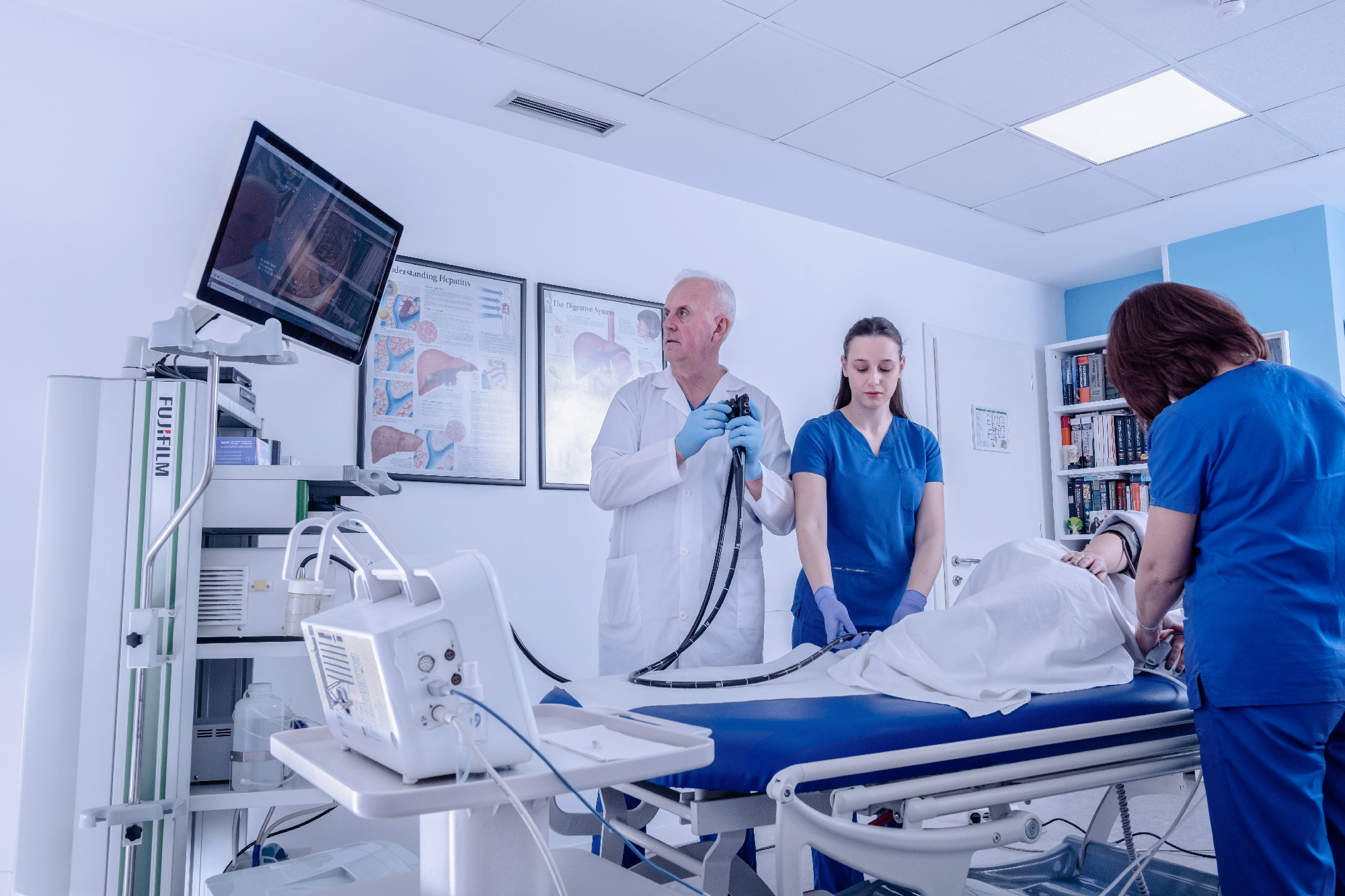
A colonoscopy might sound intimidating, but it’s a common and crucial procedure for keeping your digestive health in check. It’s especially helpful in spotting issues early—like polyps or even colon cancer—before they become serious. Here’s everything you need to know. ✅
What is a Colonoscopy? 🤔
A colonoscopy is a procedure that lets a specialist (called an endoscopist) get a close-up view of your colon, also known as your large intestine. They use a tool called a colonoscope, which is a thin, flexible tube with a tiny camera on the end. This camera sends live video to a monitor, giving the doctor a detailed look at your colon’s inner lining.
How Does It Work? 🔍
Here’s what happens during the procedure:
The whole procedure usually takes about 30-60 minutes, and while it can be a little uncomfortable, sedatives are often used to help you relax.
Why Would You Need a Colonoscopy? 🩺
There are a few reasons you might need this procedure, including:
Even if you feel perfectly fine, it’s recommended for everyone over 50 years old 👴👵 (or earlier if you have a family history of colon cancer). Catching issues early can make a huge difference.
How Do You Prepare for a Colonoscopy? 🥤
Preparation starts the day before and involves cleaning out your bowels, so the doctor has a clear view. This usually means:
It’s super important to follow these instructions closely, or the procedure may need to be rescheduled. Your doctor will provide detailed steps in a Colonoscopy Preparation Form.
Is Colonoscopy Painful? 😴
Most people experience mild discomfort, especially from the air used to inflate the colon. However, this isn’t painful for everyone, and sedatives or light anesthesia are often used to keep you relaxed during the procedure.
Why Is It So Important? ⚠️
Colonoscopy is one of the best tools for preventing colon cancer. It allows doctors to find and remove small growths (polyps) before they become cancerous. It’s also incredibly helpful for diagnosing other conditions affecting your digestive system.
Taking care of your health doesn’t have to be scary. If you’re due for a colonoscopy or have symptoms that need checking out, talk to your doctor. It’s a small step toward a healthier future! 🌟
Take control of your health—book your appointment for a Colonoscopy today.
DISCLAIMER: The information presented on this page has been intentionally condensed and simplified to make it accessible and easier to understand for the general audience. Its purpose is solely to provide basic awareness and education on the topic discussed. It is important to note that this content is not exhaustive and does not replace or serve as a substitute for professional medical advice, diagnosis, or treatment. Readers are strongly advised to seek consultations with qualified healthcare professionals or specialists for accurate assessment, personalized guidance, and appropriate medical care. Relying solely on the information provided here, without professional oversight, may lead to misunderstandings or inadequate treatment.
Privacy policy
Copyright ©2025 Klinika Kajo. Designed By Vizional